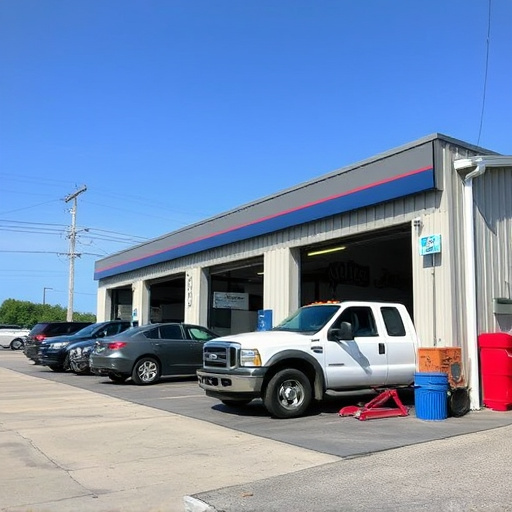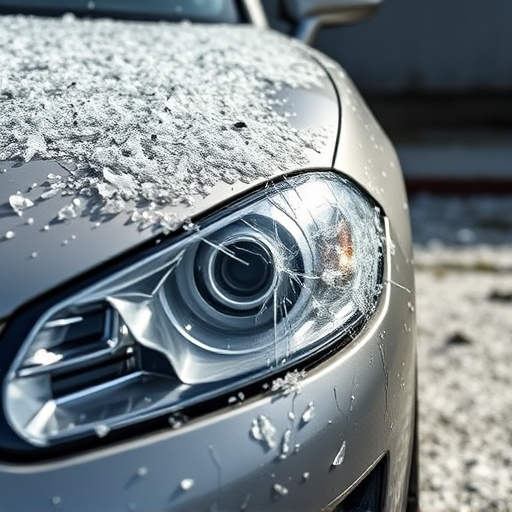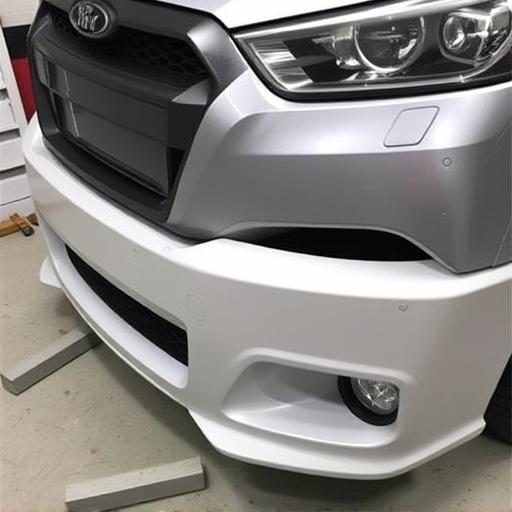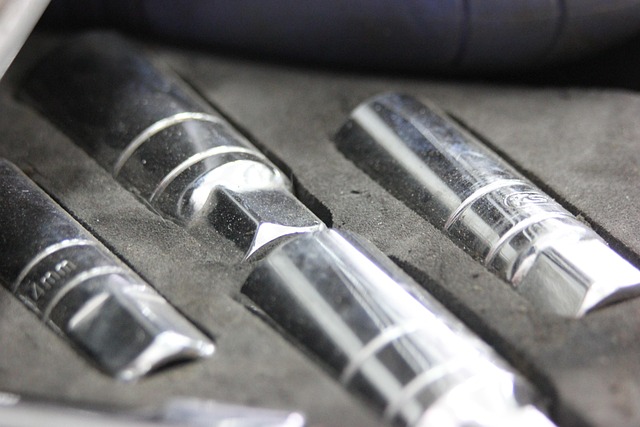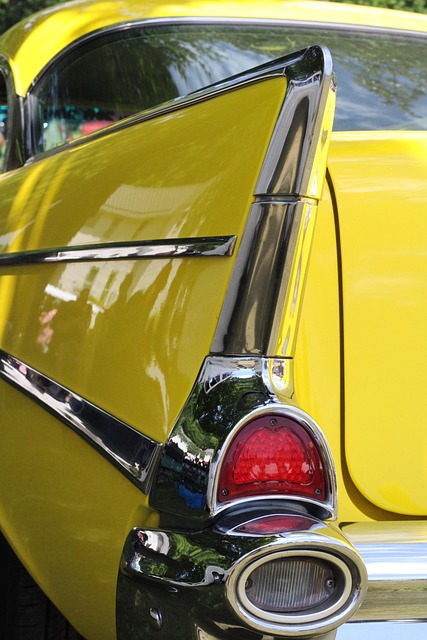Water-based paint collision repair offers significant environmental benefits by reducing toxic emissions and VOCs compared to traditional paints. This eco-friendly method enhances air quality, reduces energy consumption, and promotes sustainable waste management. Customers seeking green car repair services find water-based paint collision repair appealing, positioning auto collision centers as environmentally responsible.
In the realm of automotive repair, choosing eco-friendly solutions is not just a trend but a necessity. Water-based paint collision repair stands out as a game-changer in sustainability. This method significantly reduces toxic emissions, lowering environmental impact and enhancing air quality. Moreover, it optimizes energy consumption during repair processes, making it more efficient than traditional techniques. With sustainable waste management practices, water-based paints offer a holistic green advantage for the industry, ensuring a cleaner future.
- Reduced Toxic Emissions: Water-Based Paints' Green Advantage
- Lower Energy Consumption in Collision Repair Processes
- Sustainable Waste Management: A Look at Water-Based Solutions
Reduced Toxic Emissions: Water-Based Paints' Green Advantage
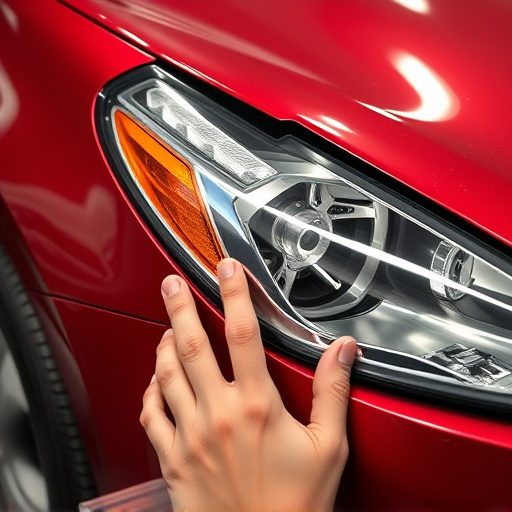
Water-based paint collision repair offers a significant environmental benefit: reduced toxic emissions. Traditional paints release volatile organic compounds (VOCs) into the air during application, contributing to smog and air pollution. In contrast, water-based paints contain fewer VOCs, making them not only safer for workers in auto collision centers but also better for the environment. This greener approach aligns with the growing demand for eco-friendly car repair services, as vehicle dent repair using water-based paint becomes more prevalent. By adopting this technology, auto collision centers can contribute to cleaner air and a healthier planet while still providing high-quality, durable finishes in their vehicle dent repair processes.
Lower Energy Consumption in Collision Repair Processes

The process of water-based paint collision repair is a game-changer when it comes to reducing energy consumption in auto body shops. Traditional painting methods often require high-temperature ovens and intensive energy usage, contributing to significant environmental impact. However, water-based paints offer a more sustainable alternative. This eco-friendly option eliminates the need for excessive heat, thereby lowering energy demands and associated emissions during the repainting process.
By adopting water-based paint technology, auto collision centers can minimize their carbon footprint. The reduced energy consumption translates to lower operational costs and a more environmentally conscious approach. This method not only benefits the planet but also contributes to a greener image for auto body shops, appealing to eco-conscious customers who prioritize sustainable practices in vehicle collision repair.
Sustainable Waste Management: A Look at Water-Based Solutions
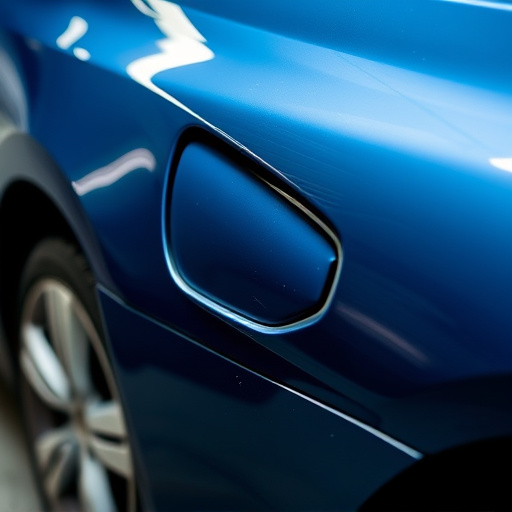
The environmental impact of automotive repairs, particularly in relation to paintwork, has long been a concern. Traditional water-borne contaminants from solvent-based paints can pose significant risks to air quality and nearby ecosystems. However, adopting water-based paint technologies for collision repair offers a sustainable waste management solution. Water-based solutions eliminate the use of toxic solvents, reducing harmful emissions and minimizing environmental pollution.
This eco-friendly approach not only benefits the surrounding environment but also provides an efficient system for managing waste generated during car scratch repair or other vehicle repair services. With proper disposal methods, water-based paint collision repair contributes to a circular economy by reducing waste and promoting the reuse of materials, making it a smart choice for auto repair near me that cares about both vehicles and the planet.
Water-based paint collision repair offers a sustainable and eco-friendly alternative to traditional methods, with significant environmental benefits. By reducing toxic emissions, lowering energy consumption, and implementing efficient waste management practices, this innovative approach contributes to a greener future for the automotive industry. Embracing water-based paints is not just a step towards sustainability; it’s a pivotal change that can create a cleaner, healthier environment for generations to come.

